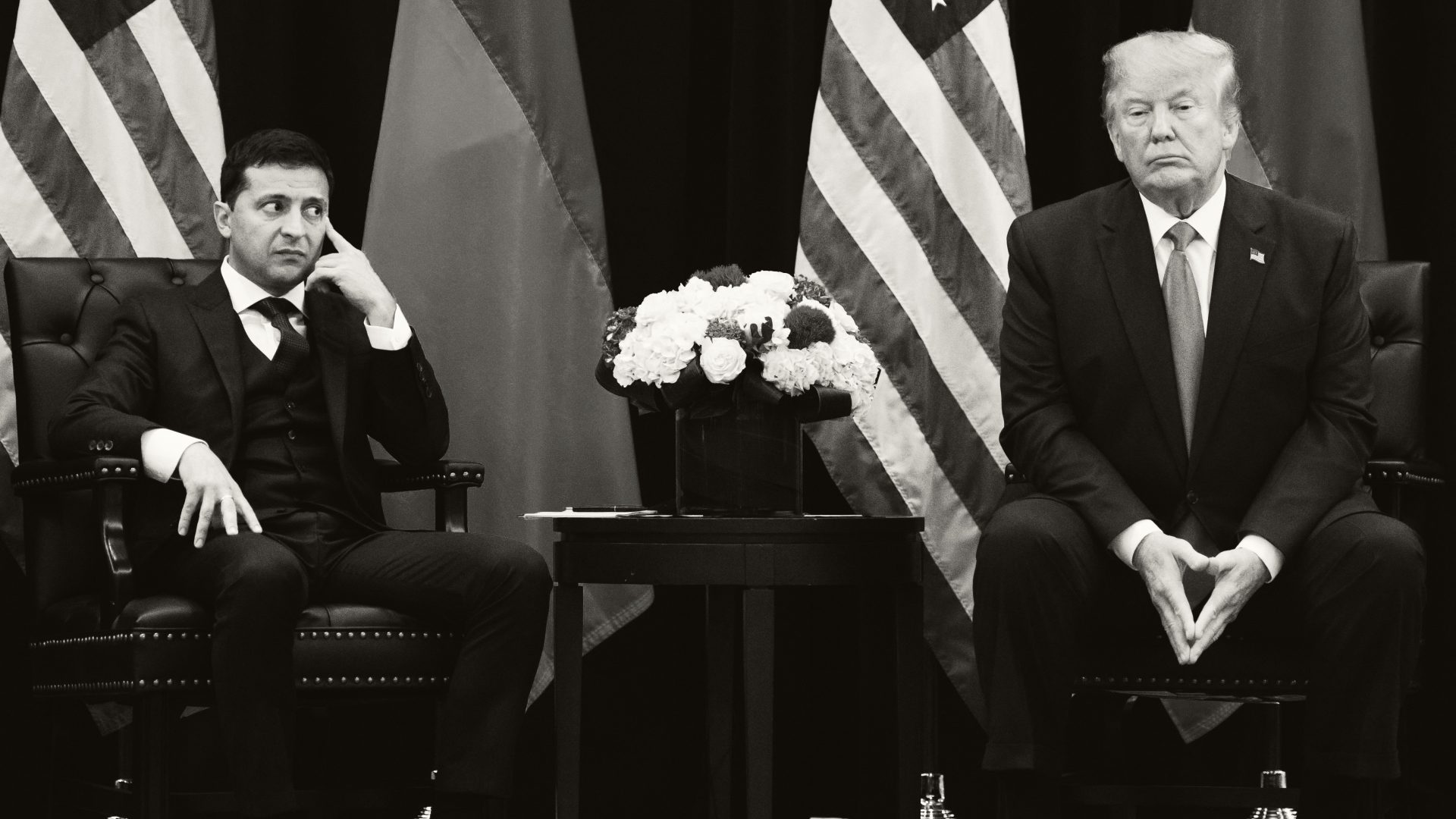Here is a good rule of thumb: any budget that is greeted with unalloyed joy on day one is usually being condemned as a suicidally stupid dog’s dinner by the end of the week. See, for example, Kwasi “OK, my budget was not perfect” Kwarteng.
The first thing to say about Rachel Reeves’s first effort then is that it survived the weekend, which by the standards of the previous Tory government is no mean achievement.
In the short term, Reeves seems to have convinced enough people that Labour had no choice but to clear up the mess that it inherited, that the Tories had been fiddling the figures and that higher taxes and borrowing can be used sensibly and will help the economy to grow. A market wobble didn’t last long. Poll ratings for both Labour and Keir Starmer have risen in the days since Reeves spoke.
There are two clouds on the horizon. One is small and shows perfectly why the archaic UK tax system is so difficult to reform. The other will decide not just the future of this Labour government, but that of the country.
The small cloud is the furore created by ending the inheritance tax exemptions for the farming industry. Farmers are furious, even though the tax will not hit most or even many of them.
Already hit by Brexit, they now feel betrayed. They are being whipped into a frenzy (without much difficulty, it has to be said) by the Tory press, much of it run by people who have been using farming as a huge tax avoidance scheme for decades.
The Times’s front page splash last Monday was an attack by James Dyson, the Singapore-loving billionaire Brexiter who is one of Britain’s largest land owners, with 36,000 acres of farmland on which he would previously have paid zero inheritance tax.
The Telegraph’s coverage has been particularly excitable, and its decision to use a 17-word Twitter reply by Elon Musk as the basis for its front page last Saturday will long be remembered as a key milestone in the newspaper’s decline.
Let’s be perfectly clear – whatever Kirstie Allsopp and Jeremy Clarkson might tell you, the exemption enjoyed by farming up until now had no economic rationale at all. It was just another bribe to Tory-supporting farm owners – Clarkson even wrote that it was one of the reasons he got into farming in the first place. The rest of us have been paying for this for years.
More widely though, if the tax system is ever going to get the reform it needs, it is going to be necessary to upset far more people than just those who work in the small farming industry. How the government reacts to the forthcoming high-profile farmers’ protests will therefore be key for future tax policy. Back down, and the whole messy system will start to look beyond reform.
The much bigger problem for Reeves is long-term growth. If she does achieve this, we will have to borrow more and more, and tax more too. This budget seems to have bought Labour time, but not that much, and the reforms necessary to light a fire under the UK economy are slow to start, slow to work and not certain to work in the first place.
For a start, the government is going to use a lot of the money it is raising to invest. This is an urgent priority, and nothing is really going to happen without it. The scale of the problem is almost unimaginably huge – the UK has had the lowest level of investment in the G7 for 24 of the last 30 years. This is suicidal. Future growth and increased productivity come from investment, and with them, higher wages and bigger tax receipts.
The last time the UK even managed to invest the same as the G7 average was in 1990. If we had managed to invest as much every year as we did in 1990 there would have been an additional £1.9tn worth of investment in the UK. That’s an awful lot of factories, roads, clean energy, houses, railways and broadband, facilities that our rivals have built and are using to outcompete us.
The Office for Budget Responsibility predicts that the measures in this budget will boost growth in the short term but then it will fall back again. Their judgment seems far too conservative to me, but it emphasises that the budget is not enough – it is wholesale reform of the economy that is desperately needed to boost growth potential.
One part of the budget that will help growth got very little coverage. Reeves is to let councils spend the money that has been raised by selling council homes to their tenants to build more homes. The dismally low levels of housebuilding we have seen since the 1980s is almost entirely due to councils deciding to stop building them – why would they when the government forced them to sell them for less than they are worth and didn’t let them invest the money raised?
That has now changed, and councils not only have a lot of land to build on, but they can also give themselves the planning permission to build. This could be a game-changer.
It should also be the start of a raft of similar bold changes, of wider planning reform, a roadmap for better education and training, an industrial strategy and proper plans for the NHS, green infrastructure, clean water, an improved National Grid, better roads and rail. They need to get on with all
of this.
Yet even beyond the scale of it, there are fundamental problems with taking on the task. Many of the reforms necessary are dull and obscure and they have to be got right first time. Much of the spending will take years to have any influence on growth.
Meanwhile, voters are impatient and the Tories will continue to promise lower taxes and a smaller state which somehow can do everything that we need, but with less.
It was good to see Reeves is fighting back against that argument last weekend by daring new Tory leader Kemi Badenoch to name what hospitals she would close, which regiments she would merge, what school buildings she will allow to collapse in order to fund those tax cuts. It is a reality check the country must heed.
The days of more for less have got to end. Rachel Reeves needs Britain to be bold enough to admit this to ourselves.




